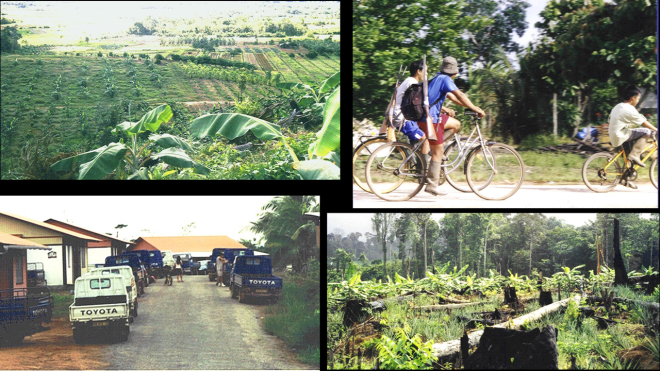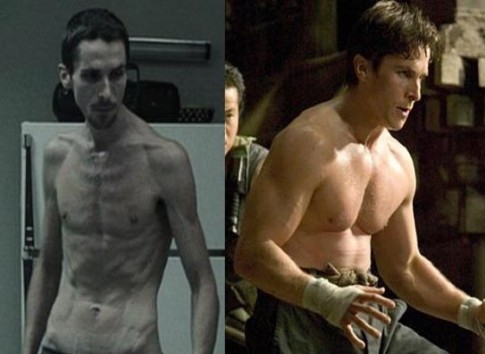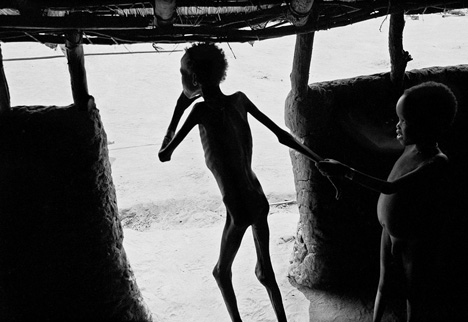Unbending rigor is the mate of death,
And wielding softness the company of life
Unbending soldiers get no victories;
The stiffest tree is readiest for the axe.
(Tao Te Ching: 76)
Early in life, our bodies are like unmolded clay, ready to be shaped by our experiences. For some of us, that matching process can create problems. If circumstances change, we could end up poorly adapted to our adult environment. A child born into harsh conditions, though, may have to take that risk in order to make it to adulthood at all.
The Hmong in French Guiana may be an example of this process. They are a fascinating population for many reasons, the most obvious being that they are there at all. A few dozen refugees from Laos first resettled in French Guiana in 1977, a few years after the Vietnam War, after they and the French government agreed that life in small, ethnically homogenous villages in a tropical environment was a better option than acculturating to the cities of Métropole France. The experiment paid off. Today, more than two thousand Hmong are farmers in the Amazonian jungle, producing most of the fruits and vegetables in the country. The result is a level of economic autonomy and cultural retention that is likely unique in the Southeast Asian refugee diaspora.

Scenes from Hmong villages in French Guiana. (Clockwise from top left: fields of Cacao, young men going on a hunting trip in Javouhey, swidden agriculture of Cacao, a street lined with farmers’ trucks in Javouhey.









